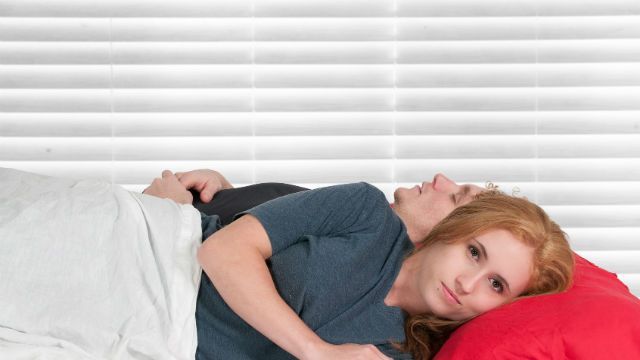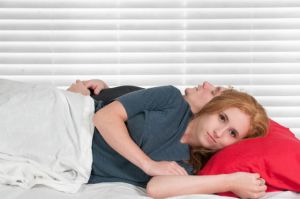
The relationship between hormones and sleep is a complicated cycle. On the one hand, we know that irregular and disrupted sleep can mess up our hormones; on the other, imbalanced hormones are a common cause of disrupted sleep and insomnia.
Fortunately, there are some natural lifestyle changes we can make which address both problems – the sleep and the hormones – simultaneously.
Try out the following steps for balanced hormones and sounder sleep:
Limit caffeine
The caffeine found in coffee, tea and chocolate keeps you awake and reduces the quality of your slumber when you do fall asleep. Although common advice is to limit caffeine to the morning hours, this may not be enough, as caffeine can actually stay in the body for days. Additionally, caffeine increases the body’s production of the hormone cortisol, too much of which is known to keep people awake at night and contribute to adrenal fatigue and exhaustion.
To regulate hormones and promote better sleep, limit caffeine or consider cutting it out entirely for a while.
Exercise lightly
Strenuous exercise makes you more tired so you’ll sleep well, right? Actually, no. When you have imbalanced hormones, intense exercise can actually makes the problem worse. Researchers at the University of North Carolina found that strenuous and prolonged exercise increases the level of cortisol in the body.
During the abovementioned study, the cortisol levels of the participants remained high even after 24 hours. As we already mentioned, high levels of cortisol keep people awake at night. Intense exercise in the evening hours has also been shown to make it difficult for people to fall asleep.
For balanced hormones and optimal sleep, incorporate shorter, lighter bouts of exercise into your week—at least in the short term. Three to four 30-minute sessions of relaxing exercise like walking, swimming or yoga are a better choice until your hormones are balanced and you’re sleeping better.
Get in touch with your natural rhythms
 Difficulty falling asleep is directly related to technology disrupting our hormones. Humans used to sleep and wake along with the natural rhythms of the sun, but with the invention of the light bulb came sleep problems. When we are exposed to light after sundown, our body doesn’t produce enough melatonin, a key hormone that allows us to fall and stay asleep.
Difficulty falling asleep is directly related to technology disrupting our hormones. Humans used to sleep and wake along with the natural rhythms of the sun, but with the invention of the light bulb came sleep problems. When we are exposed to light after sundown, our body doesn’t produce enough melatonin, a key hormone that allows us to fall and stay asleep.
Although we’re not suggesting you forgo electricity, try lowering the lights and putting away your electronic devices at least an hour before bed to encourage your body to release more melatonin.
Taming the hormones that mess with your sleep takes time, just as it’s taken your body time to get to this imbalanced state. Try to incorporate these changes slowly and sustainably for the best results.
-The Alternative Daily
Sources:
http://www.brjb.com.br/files/brjb_6_1200706_id2.pdf
http://www.womenshealthmag.com/health/hormone-changes
http://www.sleepwarrior.com/what-are-the-causes-of-insomnia
http://natural-fertility-info.com/causes-of-hormonal-imbalance.html

